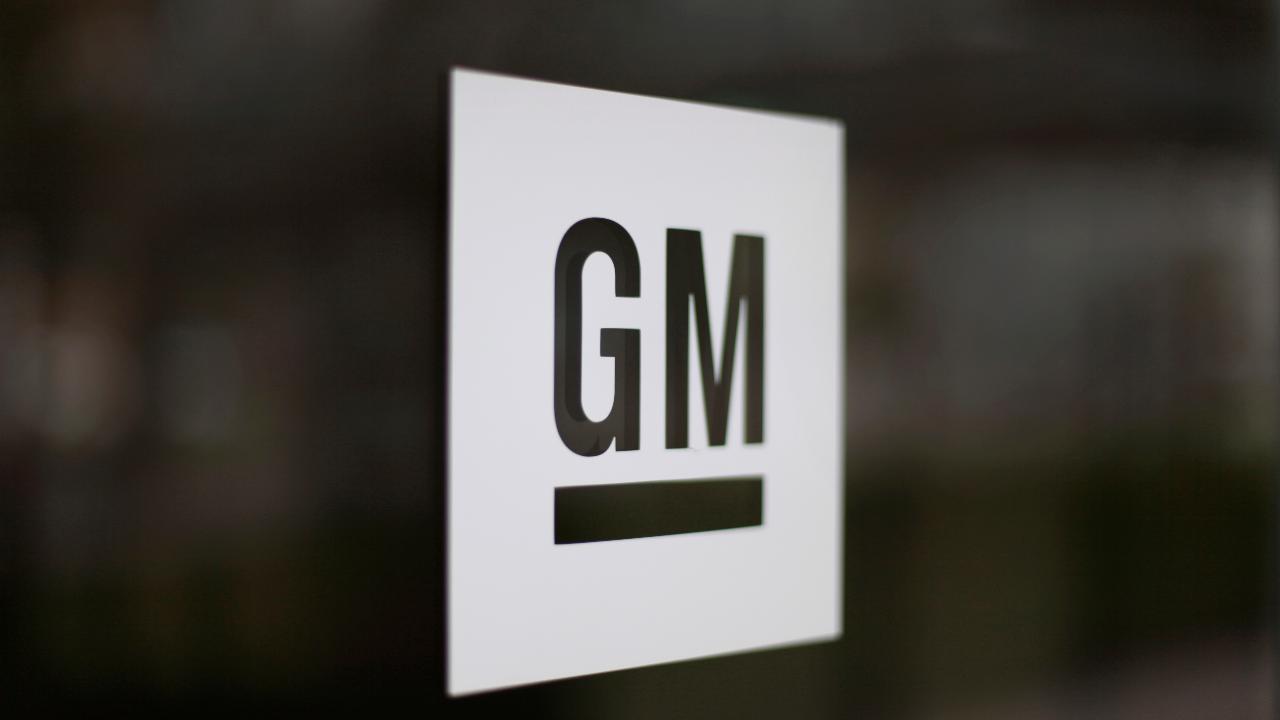GM President Ammann to become head of autonomous-car business
General Motors Co. has assigned its president and de facto global strategist, Dan Ammann, to run its autonomous-vehicle business, underscoring GM's pivot to advanced technologies even as it faces political push back on its plan to close factories making more-conventional vehicles.
Mr. Ammann, who for the past five years has overseen a broad swath of the auto maker's operations as top lieutenant to GM Chief Executive Mary Barra, will become CEO of the self-driving-car unit, San Francisco-based Cruise. His appointment and relinquishment of his current position take effect Jan. 1, the Detroit auto maker said Thursday.
GM in early 2016 paid about $1 billion to acquire Cruise, then a 40-person startup with a prototype autonomous-driving system that was bolted onto the roofs of Audi sedans. Under Mr. Ammann's part-time oversight from Detroit, Cruise has grown to more than 1,000 employees with an estimated value of $14.6 billion.
A company spokesman said Mr. Ammann's vacant president post won't be filled. Executives he now oversees will report to either Ms. Barra or GM's new finance chief, Dhivya Suryadevara.
Analysts believe GM eventually will spin off Cruise to lift GM's stock price, which has struggled to gain traction despite strong growth in operating profit in recent years.
Executives have long-range plans for a possible spinoff or another change to Cruise's capital structure but believe such a move now would be premature, say people familiar with the plans.
Kyle Vogt, an entrepreneur who co-founded Cruise in 2013, has served as its CEO since GM's acquisition. He will become president and chief technology officer, the company said.
The move comes as GM plans to shutter several U.S. factories, drawing rebukes from President Donald Trump and other elected officials who fret the loss of thousands of manufacturing jobs could devastate communities.
Ms. Barra said the downsizing, which will cost up to 6,700 factory workers their jobs and slash another 8,100 salaried staff, is in part aimed at freeing up cash to invest in future bets on self-driving and electric cars.
In an interview, Mr. Ammann reiterated the need for GM to reposition itself from solely a manufacturer to a provider of on-demand transportation services.
"The steps being taken are very proactive, and staying ahead of change instead of reacting to it," he said.
In a statement, Ms. Barra said putting Mr. Ammann in charge of Cruise is important to move closer to deploying the technology as a service for paying customers. GM has said it plans to offer a commercial robot-taxi service by the end of 2019 in an undisclosed U.S. city.
Cruise is among the leaders in the industry's race to commercialize self-driving vehicles. Auto makers and tech companies are betting new services that will grow out of the effort will eventually generate hundreds of billions or even trillions of dollars in revenue. Contenders also include Mercedes-Benz parent Daimler AG, Ford Motor Co., parts supplier Aptiv Inc. and Alphabet Inc.'s Waymo unit, considered by many analysts as having the most-advanced technology.
This spring, GM set up Cruise as a separate business unit to draw interest from outside investors. Japan's SoftBank Group Corp. took a 19.6% stake in Cruise in June with an investment of $2.25 billion, followed in October by a $2.8 billion commitment from Honda Motor Co., which will co-develop a self-driving car with Cruise.
Mr. Ammann, 46 years old, has played a pivotal role in GM's recovery from its 2009 bankruptcy, when he advised the company while an investment banker at Morgan Stanley. He managed GM's 2010 initial public offering and later became chief financial officer. He was elevated to president in early 2014 in an executive shuffle that put Ms. Barra in the top job.
A New Zealand native, Mr. Ammann has spearheaded or influenced nearly every major strategic decision at GM in recent years, including its withdrawal from several unprofitable overseas markets.
He initiated GM's sale of its European business last year to French car maker Peugeot SA, shedding a decades-long drag on GM's bottom line.
He has been spending more time at Cruise's San Francisco headquarters over the last 18 months, forgoing investment-banker suits for jeans and sneakers. Colleagues say he talks often about his belief that autonomous cars will change society, and has been known to sketch out forecasts for revenue-per-mile and other metrics on whiteboards and napkins.
"I've had a very clear view for some time that [autonomous-vehicle] technology will have a huge impact on the world," he said.




















